GEAB 163
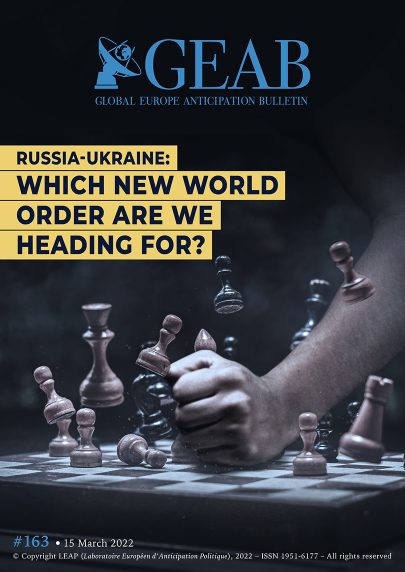


Among the few certainties to be formulated about the Russian-Ukrainian war, there is this one: it is the end of the Cold War! … in that it has now become “hot”, which mainly changes everything.
As we have already said about the withdrawal of American troops from Afghanistan last September[1], 1989 was not “the end” but “the beginning of the end” of the Cold War, a process that will have lasted 33 years and is now coming to an end… either with a Western victory, a compromise agreement that accepts the red lines of the Russian player, or in a great pandemonium that will completely reshuffle the cards of the world game.
In any case, the Russian-Ukrainian war is tearing down all the principles and institutions of the old world order. We anticipate that neither NATO, nor the EU, nor the UN, … will emerge unscathed from this major historical crisis.
We must therefore ask ourselves what processes and outcomes we are now heading for, distinguishing between two main scenarios: the short-term scenario, in which Russians and Ukrainians agree on a compromise in the coming days/weeks and which sends us towards a world in which the West remains a pillar; and the long-term scenario, in which Russia gets bogged down in Ukraine and the whole West sinks into the quicksand.
Contemplating the abyss
At this stage, both scenarios are still possible. Russia and the United States are inviting us to contemplate the abyss: while the Russians are suggesting the risk of a third world war, the possibility of attacking nuclear power stations, [2] the hypothesis of giga-cyber-attacks[3], etc., the Americans are putting into perspective a collapse of the world’s economies caused by a set of sanctions that will brutally stop the entire global model of trade and production[4]. In both cases, hundreds of millions of dead, starving, refugees, untreated sick, etc… [5]
Let us therefore contemplate certain aspects of the disaster:
. The sending of military equipment to Ukraine[6] and the distribution of arms to civilians[7] by the government will contribute to the revival of arms trafficking towards Western Europe, which was previously the preserve of the Balkans (notably the war in Kosovo) and which directly fed the terrorist wave of the 2010s[8] (we are discovering that this problem had already begun before the Russian invasion[9]).
. The “milicisation” of the Russian-Ukrainian war (arming private and civilian militias on the Ukrainian side[10], resorting to mercenaries[11]) in a sociological context of military preparation of youth through video games[12] and the quest for action at the end of the covidian lockdowns[13], not to mention multifactorial male sexual frustrations[14], has all the “assets” to tip Europe into the African pathology of child soldiers[15]. We have seen this phenomenon at work in terrorism, which is unanimously condemned; but what are we to think of this trend if governments start to support it?
. Faced with this planned “enslavement” of a part of the youth, Western societies are ultra-dependent on their complex and globalised socio-economic model. If some European countries are capable of organising themselves in such a way as to feed and supply their population with energy in times of war (France, for example[16]), this is not the case for everyone, and European solidarity will not last long in a context of food and energy shortages where every man for himself will be the rule No1.
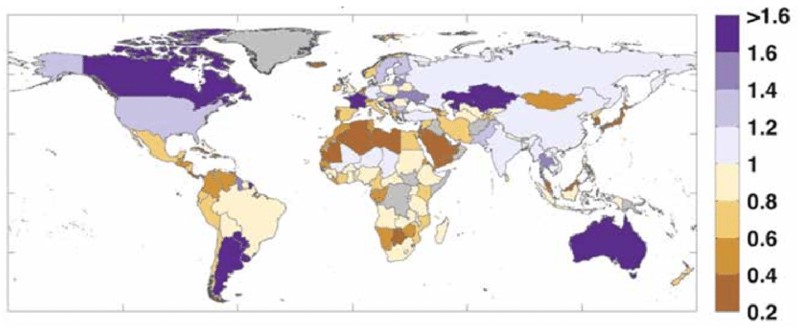

The fear of nuclear war is brandished in the face of Europeans by Russia and Ukraine for opposite reasons (the Russians to frighten, the Ukrainians to force the West to intervene[17]) via the prospect of an “accident” at a power plant or even the use of nuclear force[18] – a recourse made partially “legal” since D. Trump withdrew from the US-Russian Nuclear Forces Treaty (INF). [19]
. One of the reasons Putin is currently blocking the signing of the treaty with Iran is to give more credibility to his staging of a major energy crisis[20], for which he is showing that he holds the key. In doing so, he not only reminds us that Russia is not a country that can be relegated to the rank of a negligible power in the current global configuration, but he also participates in this staging of the apocalypse intended to lead the whole world to ask Zelensky to accept the terms of the negotiations.
. The possibility of Russian attacks on undersea communication[21] cables or satellites[22] forces us to imagine scenarios like Barjavel’s “Ravage”[23], where our societies, which are ultra-dependent on these communication technologies, completely collapse, and in their wake, the whole digitalization project that the West and the world have been laughing about for the past 10 years and which has swallowed up trillions of dollars/euros that would suddenly evaporate, causing a definitive crisis of the entire financial planet, fintech and digital currency projects, etc…[24]
The future as we have imagined it is simply not compatible with the level of geopolitical tension we are now at. This contemplation is a pure act of collective anticipation designed to force the actors concerned to make a salvific geopolitical leap (first short scenario) … unless, taken by vertigo, one of the sheep throws itself into the precipice and drags the whole flock down (second long scenario).
The desired outcome
As long as Russia and the EU are at loggerheads (and this has been the case again since at least 2014), Ukraine will be torn apart.
Login



In the middle of a storm, it is difficult to keep one's eyes on the horizon. Instead, you see the sky pitching, you hear the sails slamming, you get the [...]
In 1450, Gutenberg invented the printing press and published his first Bible. 100 years later, the Council of Trent invented the "index librorum prohibitorum". In between, Luther initiated the reform [...]
If we observe Peter Thiel today, his networks, his ideology and his levers of influence, we get a glimpse of a certain American Republican party planning to run in the [...]
Commodities - Questioning our certainties // Energy - Market fragmentation // Cryptocurrencies – Counterintuition // Dollar – Transmutation // Real Estate – Attention // Art - "Beauty will save the [...]

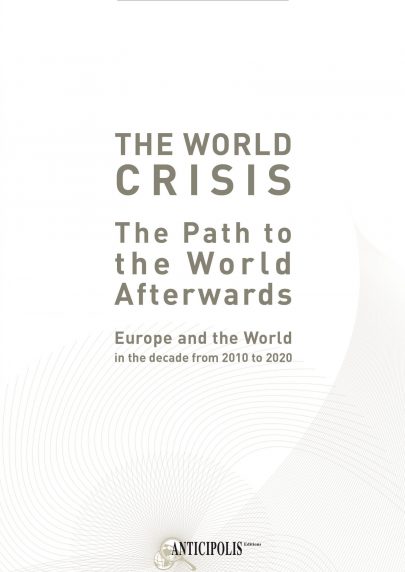
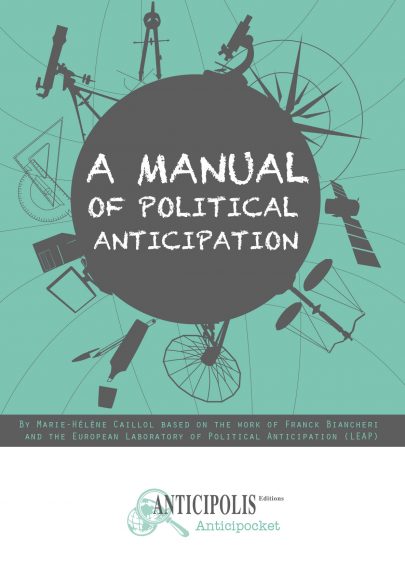
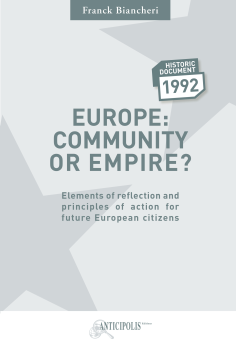
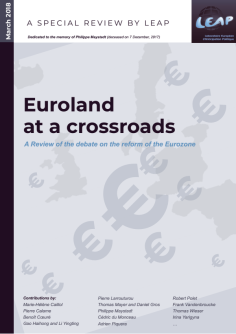
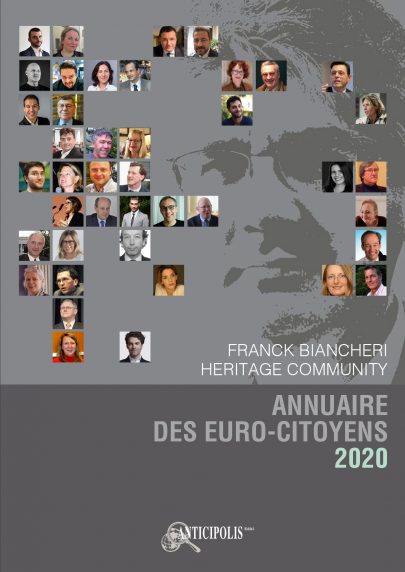
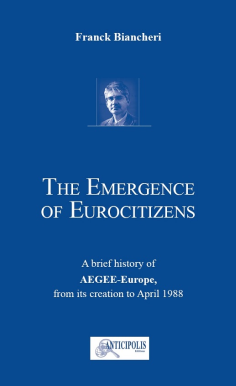
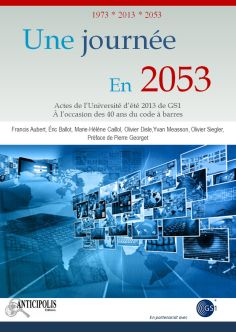
Comments